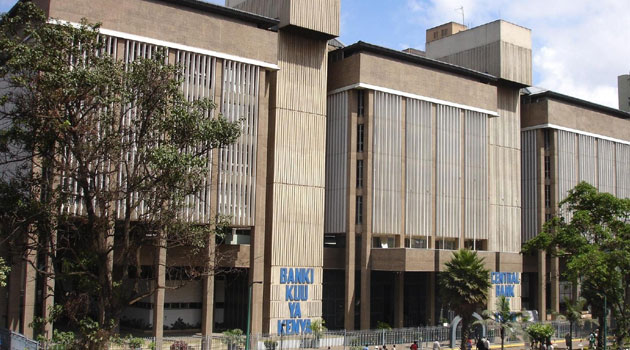
The interest rates environment in Kenya has witnessed volatility over the last calendar year, with a sharp increase in rates being the trend hitting mid twenties.
NAIROBI, Kenya, Nov 9 – Kenya’s interests rates are expected to fall following a drastic drop in Treasury Bill yields, according to economic experts.
Last week the Treasury reduced interest rates for both the Treasury instruments and the interbank rates.
The 91-day T-Bill dropped from 19.47 percent to 13.73 percent, 182-day dropped from 21 percent to 16.5 percent, the 364 day dropped from 21.2 percent to 17.1percent while the interbank touched a low of 11 percent.
“Kenya Bankers Reference Rate will be revised downwards for most borrowers due to the drop in Treasury Bills yields,” said John Njenga, Senior Treasury dealer at Commercial Bank of Africa.
The interest rates environment in Kenya has witnessed volatility over the last calendar year, with a sharp increase in rates being the trend hitting mid twenties.
READ: Raising interest rates ‘was a necessary evil’
“In order to manage the liquidity crunch and reduce rates, Treasury was actively purchasing securities from banks with an undertaking of selling the back later (Reverse repo). There has been a liquidity crunch especially for the small banks as depositors shift their funds to the large tier 1 banks, hence Central Bank of Kenya providing the liquidity,” said Kevin Kiprono, Senior Portfolio Manager Pan Africa Asset Management.
Kiprono said the appetite for domestic borrowing should be managed in order to contain interest rates, inflation and more so, economic growth.
“On the borrowing levels, the government has a domestic target of Sh222 billion for the 2015/16 fiscal year and as end of October they have borrowed Sh27 billion. We are waiting to see whether this target will be revised in December as the government shifts to borrow more externally,” Kiprono explained.
However even as the World Bank and the International Monetary Fund are not worried of Kenya’s debt situation, some economic experts are raising fears that the debt challenges will likely disrupt refunding operations in 2016 owing to bunching of maturities.
READ: IMF says Kenya Economy buoyant, but urges budget cuts
“Former President Mwai Kibaki’s Treasury issued Infrastructure Bonds with six years maturities in 2010. When will they mature? 2016. Then this Treasury added short term treasury bills and two year bonds in 2013/14. When will they mature? 2016, This is before adding the three months, six months and one year bills we borrowed and continue to borrow this year and that will mature in 2016,” said Mohamed Wehliye, a Senior Vice President, financial risk management, Riyadh Bank, who argues that this can only be dealt with through more borrowing.
“It is difficult to restructure domestic debt in a high interest regime. So further syndicated loans or even a Eurobond looks only way out, 2016 being a pre election year, fiscal policy will likely be loosened while in monetary policy, expectations is tight policy after US ‘lift off’ So, unless some of the mega flagship projects are set aside, interest rates are likely to be sustained in mid 20s,” Wehliye adds.


































